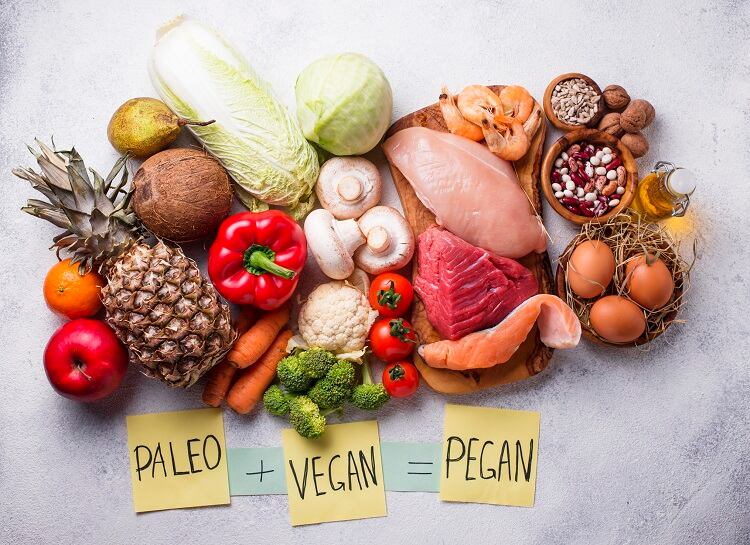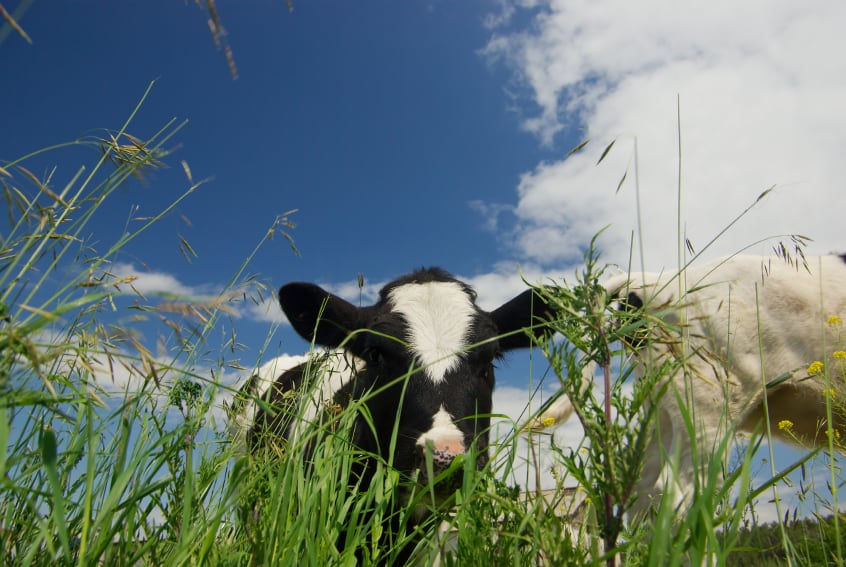While cheese is a staple product in many a household, market insight firm Mintel says sales are ‘relatively flat’ in many markets. Could developments in the vegan cheese category help reignite growth in mature markets?
According to global food and drink analyst at Mintel, Julia Büch, taking a more ‘clean label’ approach to cheese analogue formulation could help scale the category.
“As veganism is commonly associated with healthy, wholesome and natural products, a major drawback for the image of dairy-free cheese remains manifested in the high oil content and the strikingly long ingredient lists many products present,” she said.
“As a result, plant-based cheese still has a long way to go to catch up with the taste and natural image of dairy cheese.”
The analyst suggests brands align their ingredients with the clean label trend – whereby consumers demand natural food products without artificial ingredients – and focus on ‘natural’ and ‘positive’ health claims.
While interest in the alternative cheese category is still low, Mintel research reveals that younger consumers seem to be more interested in these products.
In Germany, for example, 12% of all cheese consumers express an interest in cheese alternatives. And this figure rises to 20% among 16-25 year olds, noted the market insight firm.
And new product development is on the up, with the total quantity of launches more than doubling over the past three years.
According to Mintel’s global new product database (GNPD), nearly a quarter of plant-based cheese alternatives were launched in Europe between April 2018 and March 2019.
Overall, consumer uncertainty around dairy’s healthfulness, together with growing interest in plant-based eating and ethically responsible consumption, suggest ‘tremendous opportunities’ for non-dairy cheese products, said Büch.
Yet for mainstream omnivores, non-dairy cheese has a long way to go before being regarded as a ‘better choice’ or an ‘occasional addition’ alongside dairy, she added.
“Non-dairy cheese brands that provide alternatives aligned with historic perceptions of cheese as delicious and ‘healthy enough’ will win, especially with products that emulate popular cheeses such as mozzarella and cheddar.
“Brands that ensure minimal price, taste and healthy attribute barriers will be best positioned to capture flexitarian Millennials and parents of school-aged children, who are more open to making occasional switches to plant-based products,” said the analyst.
Image credit: GettyImages/HeikeRau




